|
Speculative fiction (what some longtime readers might think of as "SciFi") can be described as the fiction of ideas. Even more than other fiction, SF often examines the consequences of one idea across a whole society. For instance, what if robots became so beautifully built that they could pass for human? What if you could outsource your own memories? What if Hitler had won the war?* *Fans of the genre will recognize that these three "ideas" are at the core of stories by the late, great (but bat-crap paranoid) Philip K. Dick. The guy that dreamed up the stories behind The Man in the High Castle, Blade Runner, and Total Recall (we like the version with Arnold) and a bunch more. So with SF on my mind, today's writing warm-up exercise:
Story 1 The eclipse was less dramatic than she'd expected. Not that she was in the cone of totality, but still, she'd never witnessed a solar eclipse before. Never mind a double. Still, she'd taken the afternoon off, and though the cheap protective glasses had broken –– she'd forgotten them in the seat of her vehicle and then sat on the damn things when she'd slid into the seat in the cool darkness of the parking bay. Still there it was: her first double-lunar eclipse. She watched two penumbral cones shaving the sun into a puny lozenge of light. An unseasonable breeze sprang up. She shivered and wished there was someone next to her. She hadn't considered herself in any way sentimental, but she longed now for something communal, a human companion. The sight of the sun, even as small and cold as it was from this distance, turning just that much smaller and colder –– well, she felt for a moment that she understood primitive superstition. And then, as quick as the remembered snap of a plastic tiddley-wink, the moons parted and the sun shone round and bright again. Story 2 He kept watch on the mirror-calm surface of the water, barely breathing. He was comfortable –– or anyway about as as comfortable as anyone zipped into a breather suit and strapped bodily against the pot-bellied ventral surface of a drone hopper could expect to be. He refused to consider the blurring of the features of shore, blocked out thoughts of the hopper's speed (only a quarter-sonic, almost survivable without the suit), kept his attention on the glassy reflection of the sky. The handful of beta-blockers he'd swallowed at the start of his shift was working to keep his blood-pressure low. He shrugged his shoulders against the petal-soft lining of the suit. He stretched the webbing between first his left and then his right hand. Eyes open, he told himself. He was going to need to be very quick and very lucky or he was going to end up very dead. And he wouldn't be the only one.
2 Comments
So there's a tumbledown house at the Would-Be Farm –– a modest wooden structure that's slowly collapsing into its foundation after being abandoned sometime in the 1980's. It sports an outhouse that has been, up until now, frankly, too horrifying for me to examine. Mr. Linton, however, is a made of sterner stuff. And thus his courage was rewarded: The photo begs a caption. Or something.
*I love that phrase, which goes something like, "In April...then folk do long to go on pilgrimage," from the opening sentence of Chaucer's The Canterbury Tales. In the interest of brutal honesty and over-sharing, inside that ellipsis? Those three dots contain an entire universe of wordy wordy words that may have in played a pivotal role in my decision NOT to pursue graduate work in English.
The third time, I realized quoting the opening lines of The Canterbury Tales in the original Middle English was a painful dating stratagem of people in my chosen field of study. The idea being, perhaps, to stupefy and render the object unconscious.
Still, April is a time when folk DO long to hit the road. Springtime itchy feet. Questing for sunny beaches or the last few downhill runs, going for the peak cherry blossoms or those first bulbs poking heads out of the mud. Each trip worth a Tale.
Each spring, one of the first pleasant chores at the Would-Be Farm is a nice mix of high tech and low mud: we retrieve the game cameras and make our observations of the winter action. Some old friends appear year after year. And a few surprises. Even with thousands of images captured on the tiny photo cards, some creatures are still camera shy. Others pose. While a couple are hiding in plain sight:
National Poetry Month. Poems are where word-caterpillars emerge from their cocoons. Maybe. P-p-pa-poetry? Here, this won'd hurt much: The Caterpillar by Ogden Nash I find among the poems of Schiller No mention of the caterpillar Nor can I find one anywhere In Petrarch or in Baudelaire So here I sit in extra session To give my personal impression. The caterpillar, as it's called, Is often hairy, seldom bald; It looks as if it never shaves; When it walks, it walks in waves. And from the cradle to the chrysalis It's utterly speechless, songless, whistless. Shakespearean butterflies? Sure. And where else but Lear? It's a butterfly-ish play**, the madness and the stomping around and all...and for the fastidious, his poetry is a blanker shade of verse than Mr. Nash's.
*That from "An April Day" by William Wadsworth Longfellow. WWL was a BIG fan of April. *Okay, maybe Lear is not SO much butterfly-ish, but Peter S. Beagle's fictional butterfly quotes Lear to great effect in another work; hence they are joined in my mind. |
About the Blog
A lot of ground gets covered on this blog -- from sailboat racing to book suggestions to plain old piffle. FollowTrying to keep track? Follow me on Facebook or Twitter or if you use an aggregator, click the RSS option below.
Old school? Sign up for the newsletter and I'll shoot you a short e-mail when there's something new.
Archives
June 2024
Categories
All
|

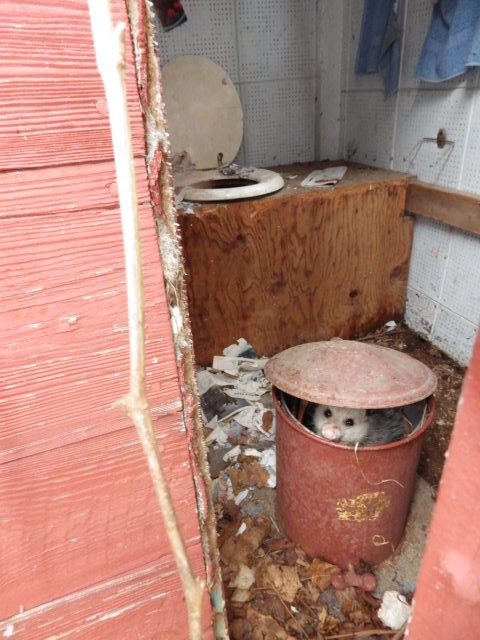


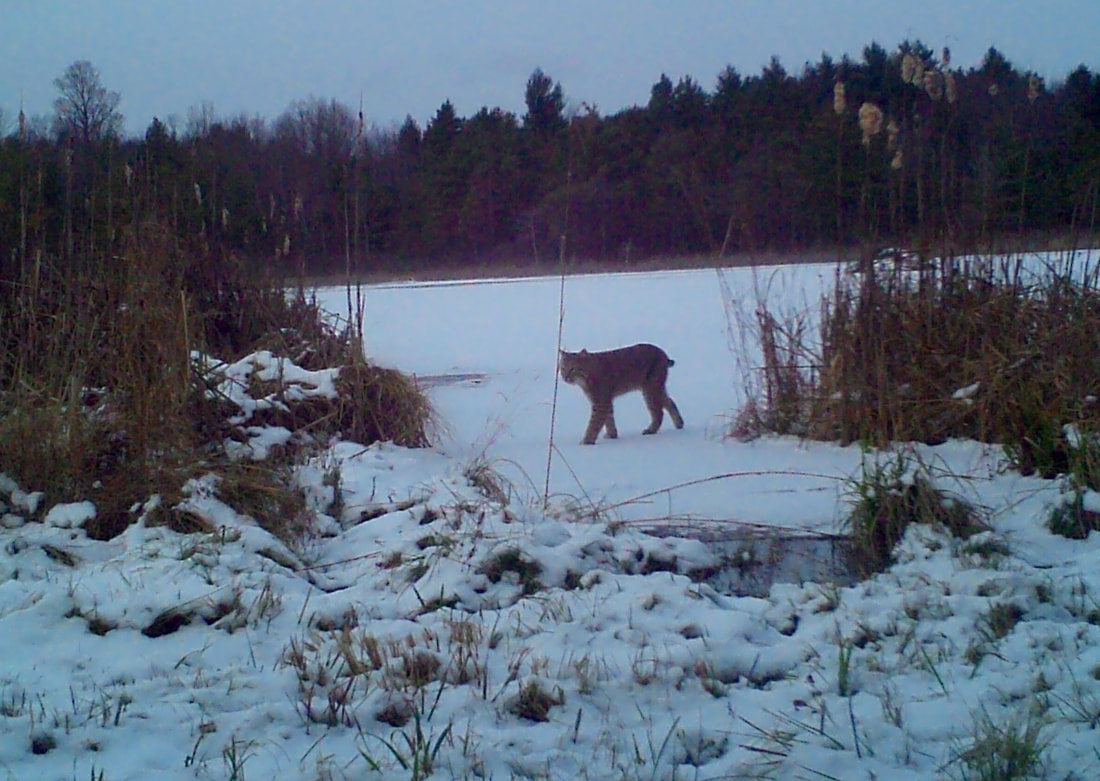
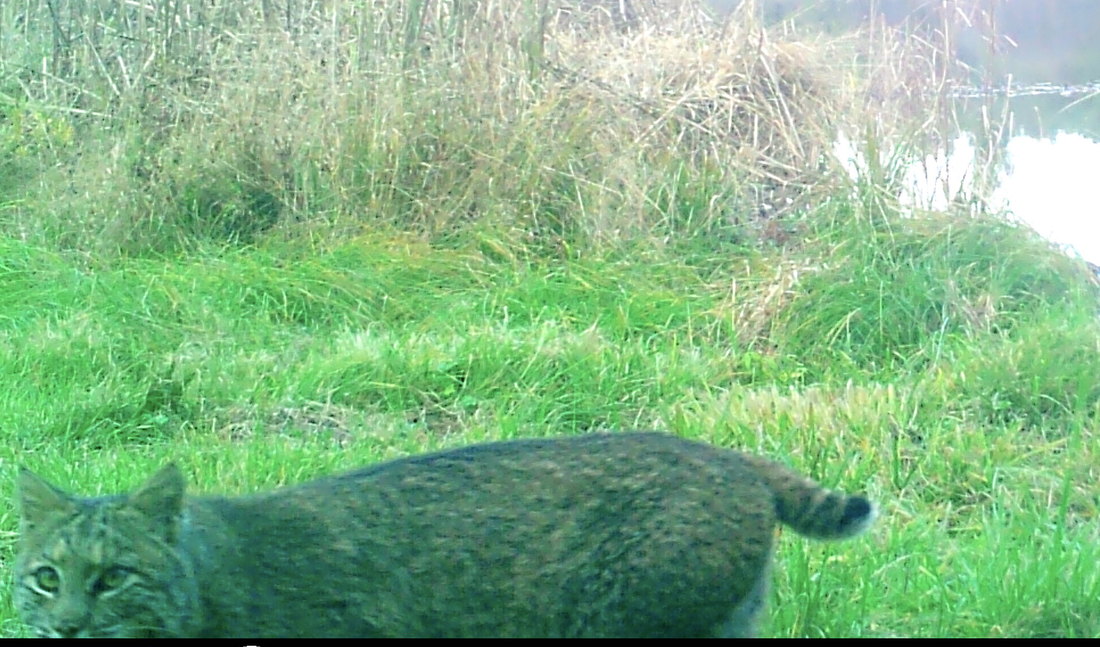
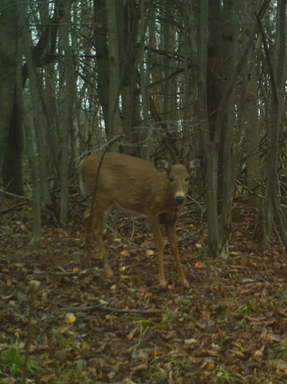
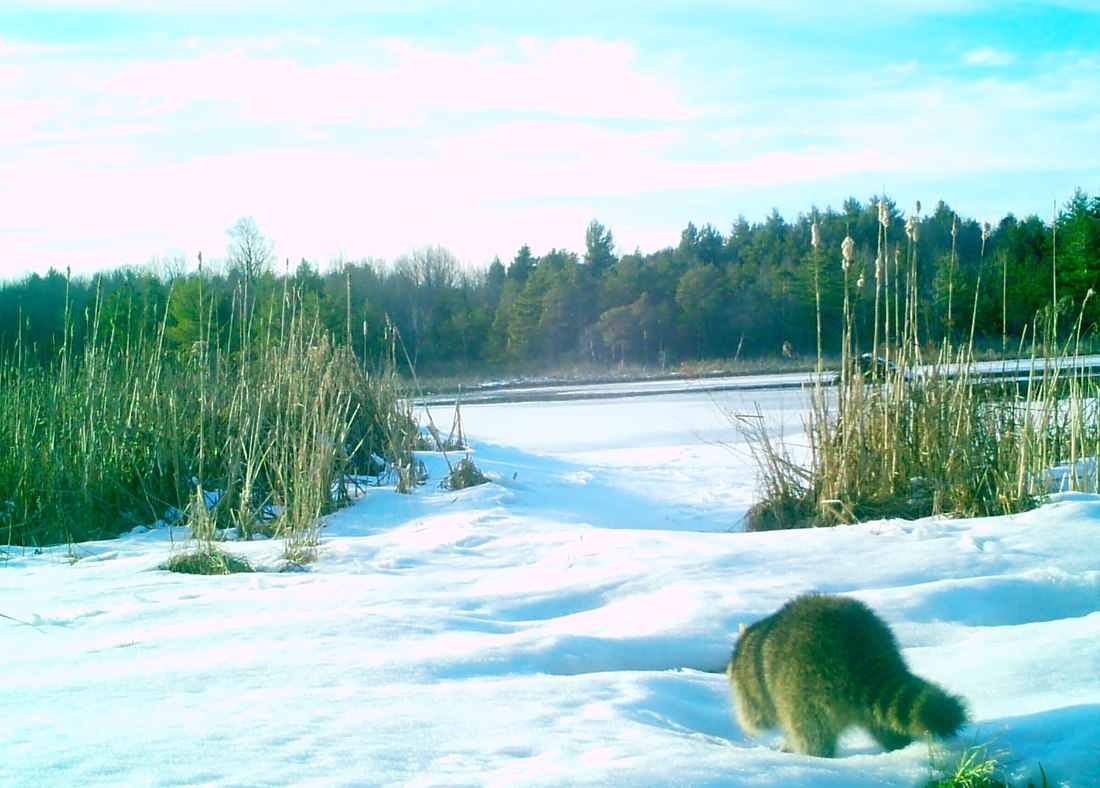
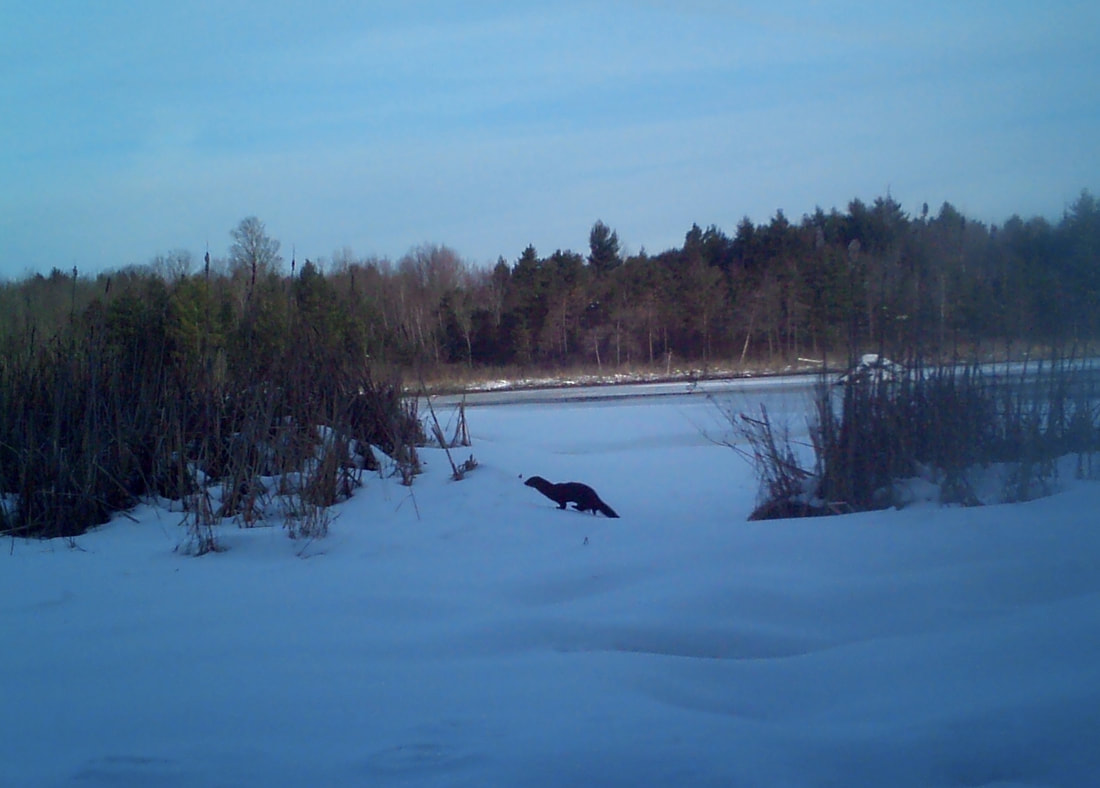

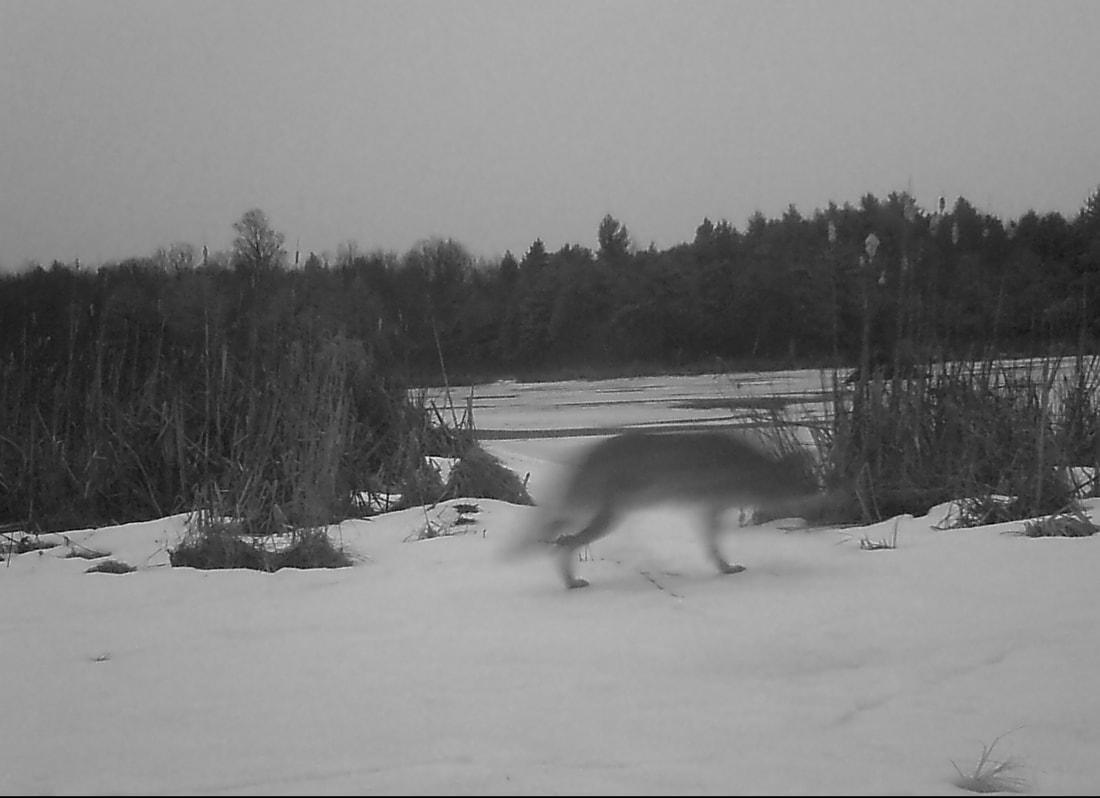





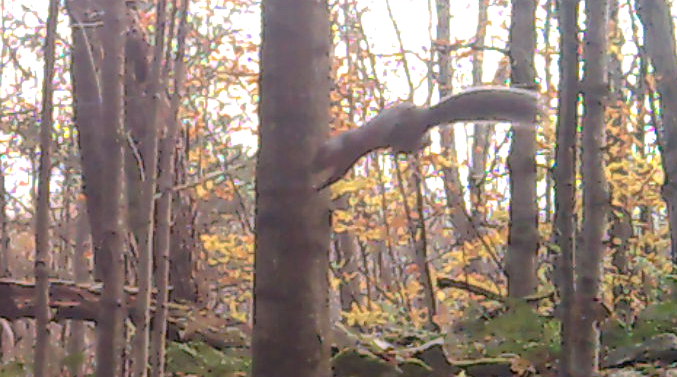

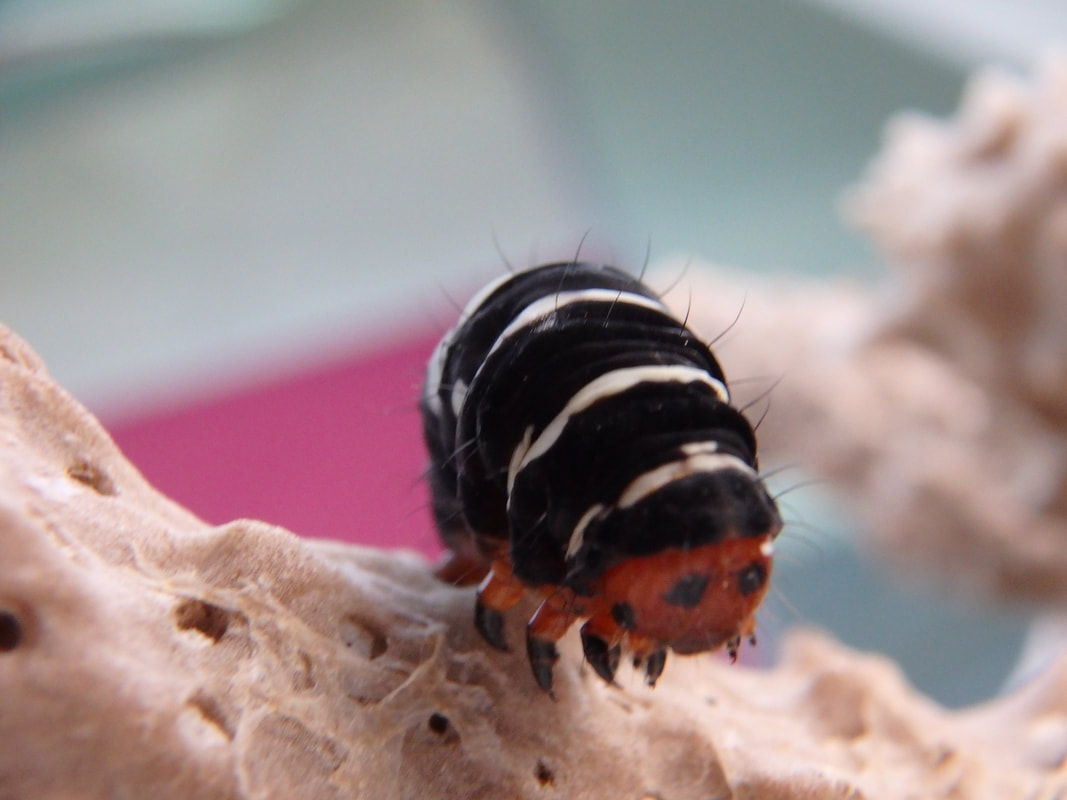
 RSS Feed
RSS Feed
